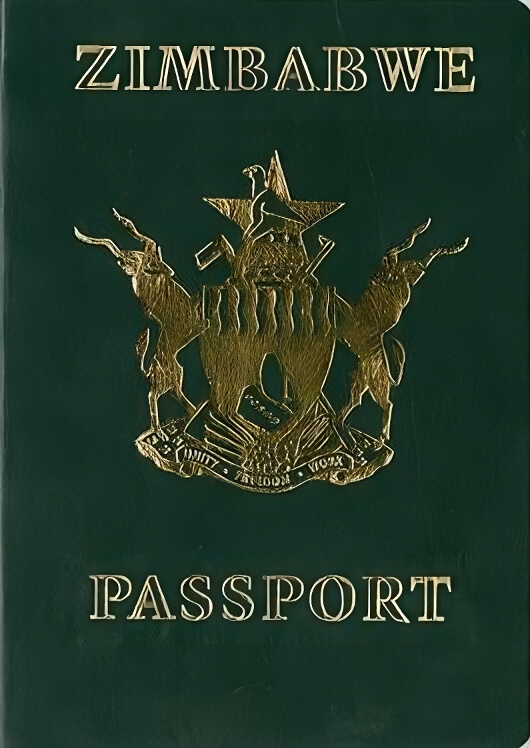Visa free access for Zimbabwe
As a Zimbabwe passport holder, you are permitted to travel visa-free to 64 countries and territories. This data is correct as of April 2024.
In order to travel visa-free, you will need a valid passport, often with at least six months until expiry. Additionally, you may need travel insurance, as required by your destination country.
Within these countries, there is often a separate section in airports where you can submit your Visa on Arrival. You will receive your visa on arrival (VOA) after entering the country that issued the visa.
Acquiring an eVisa follows the same process as applying for a traditional visa. The main difference with an eVisa is that you don’t need to visit a visa application centre. You can submit your application online, including making any payments relating to the visa.
Once the relevant authorities approve your application, you will receive a confirmation email regarding your visa status, along with a document that you must print and bring with you when crossing the border.
You will need a valid visa to enter the 64 countries with a Zimbabwe passport.
About Zimbabwe
Zimbabwe, located in Southern Africa, is a landlocked country known for its diverse wildlife and dramatic landscapes. The climate is tropical, moderated by altitude and the inland position of the country. It has three main seasons: a warm, wet season from November to March; a cool, dry season from May to August; and a hot, dry season in September and October.
The population of Zimbabwe is estimated at about 14.9 million people, with a rich cultural heritage that is a blend of traditional African, Asian, and European influences. The official language is English, but Shona and Sindele are widely spoken. Zimbabweans are known for their friendliness and hospitality.
The economy is based on agriculture, mining, and manufacturing. However, it has faced several challenges, including hyperinflation and unemployment. Despite these, Zimbabwe is rich in natural resources, including gold, coal, and diamonds. It’s also home to several UNESCO World Heritage Sites, like the Victoria Falls and Great Zimbabwe ruins.
Zimbabwe has a rich cultural tradition in the arts, particularly in music, dance, and sculpture. The country is also famous for its unique hand-crafted stone sculptures and traditional woven baskets. Despite the economic challenges, Zimbabwe remains a captivating destination with its welcoming people, rich culture, and stunning landscapes.

 Zimbabwe
Zimbabwe
































































































































































































































